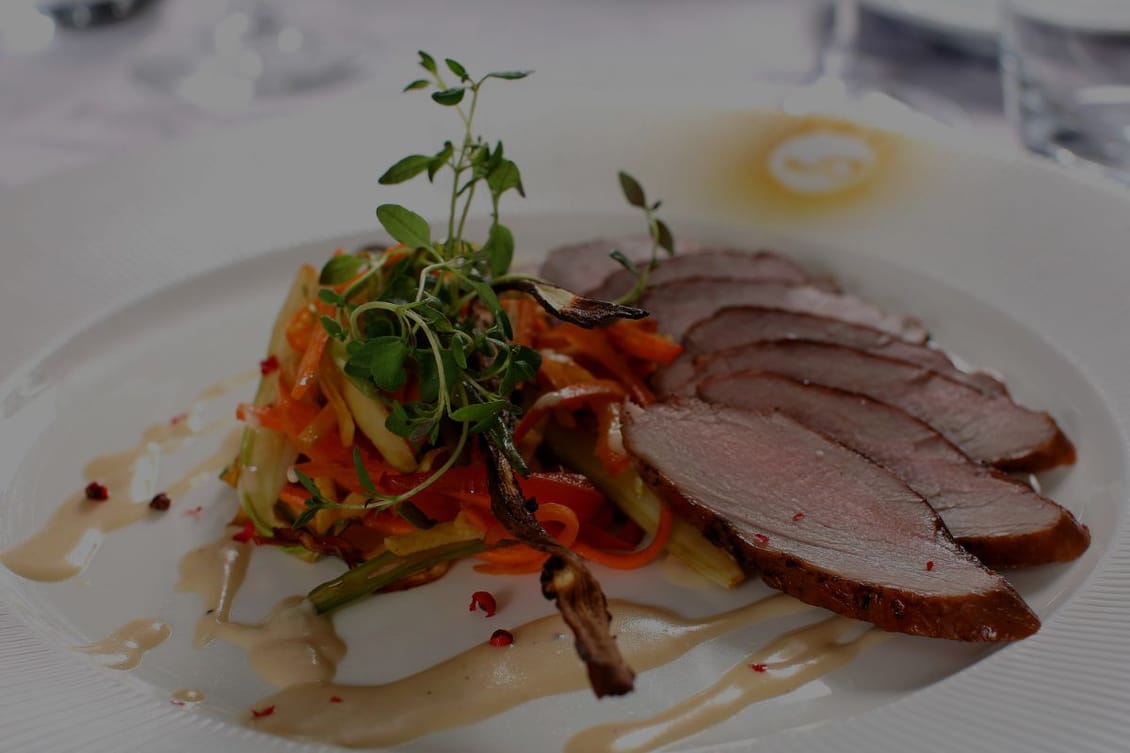
A big welcome to the 23 new foodies who have joined us this week — you’ve got good taste.
If you too have good taste then subscribe to The Sauce — InFlavour's content & insights community, run by global experts. Sink your teeth into stories about food, worth sharing, and receive insights, ideas, opinions, trends, and strategies straight to your inbox.
Keep up with our weekly newsletters on LinkedIn by subscribing here.
COVID-19 happened. And the restaurant industry took a serious hit – with the repercussions of empty seats still echoing around the world in 2024.
And while there was a resurgence in eating out when lockdowns were lifted and consumers embraced the joys of freedom again, the numbers of people dining out still haven’t quite stabilised at pre-pandemic levels.
According to Placer.ai, a location analytics firm, diners at eat-in restaurants were down by almost 5% year-on-year by the end of 2023. And when we do eat out, we’re opting to try viral restaurant trends or celebrate special occasions with a restaurant meal – rather than spontaneously wandering into a noodle bar for dinner and conversation after work.
Fewer meals are being eaten in restaurants – but the overall consumer restaurant spend is still trending up.
One 2023 study by Lumina Intelligence found that the cost of eating out had risen by 15% per head in just one year. So consumers are going less often, but spending more – with the cost of living inflated in regions around the world.
In this illuminating Reddit thread, titled ‘How are people even eating out anymore?’, one poster describes eating out as a financial penalty for not cooking at home. Instead of an enjoyable, life-enriching experience, it’s just the price you pay for not having the time or motivation to make your own food.

Because of the pressures of the financial squeeze, people are putting more thought into their dining decisions. Heading to a restaurant for dinner is a less obvious, seamless part of daily life – and consumers are balancing the cost against the benefits of the experience.
For restaurants, that means that providing a valuable experience is more important than ever.
There’s a trend towards high-end and fine-dining experiences for special occasions, as people prioritise those meaningful events over day-to-day dining. And people are spending more time planning ahead, with restaurants reporting an increase in advance reservations, and a decrease in passing trade.
In spite of the heightened thought processes around dining decisions, though, people do still value the experience of eating at a restaurant. It’s a fundamental part of culture in countries and communities around the world, and a beloved way to relax, unwind, and step outside of the pressures of life.
It’s a social experience that consumers will continue to care about. And restaurants can leverage the emotional and social power of dining out to drive custom – by thinking through every stage of the consumer journey, from booking to paying the bill, and offering an experience that uplifts and delights customers.
We know you’re a diverse bunch – with our audience spanning countries and continents. So we want to ask you if your dining decisions have changed over the last couple of years. Are you eating out more, less, or the same as always? What kinds of restaurants and cuisines inspire you to book?
See you in your inbox next week.
Mark your calendars for our next newsletter on 13 September 2024. Is there anything specific you'd like to see covered? We'd love to hear from you! Click here to share your suggestions.
Take your seat at the InFlavour table, a government-backed and world-leading B2B food event by Tahaluf.
E-mail address SubmitWant to keep up to date with all our latest news and information? Enter your name below to be added to our mailing list.
E-mail address Submit